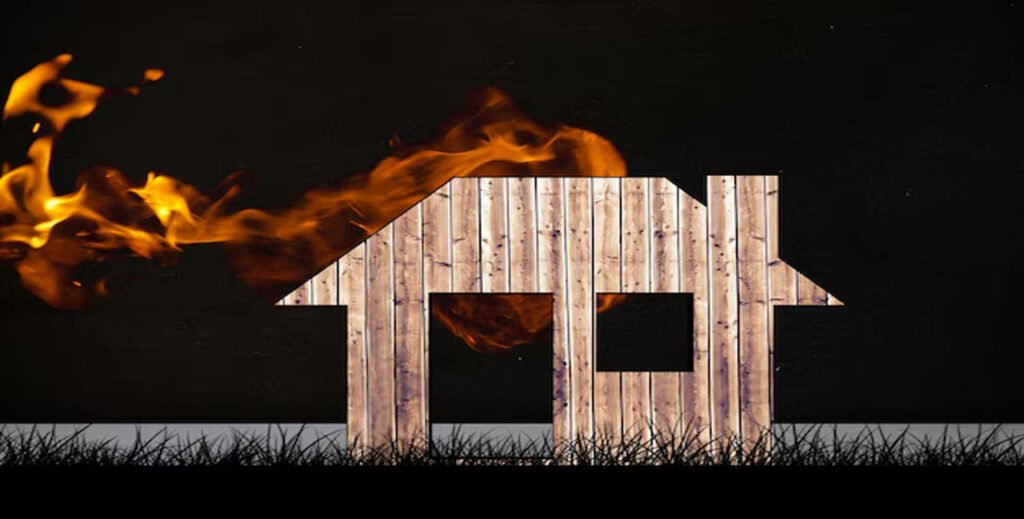Deceased Estate House Clearances: A Comprehensive Guide

As you sort through items, take time to share stories and memories associated with specific belongings. This can help create a sense of connection and closure.
Dealing with a deceased estate can be an emotionally challenging experience. The process of clearing out a loved one’s home often involves not only the physical task of sorting through belongings but also navigating the emotional landscape of loss. In this article, we will explore the ins and outs of deceased estate house clearances, providing you with essential information, tips, and resources to make the process as smooth as possible.
Understanding Deceased Estate House Clearances

Deceased estate house clearances refer to the process of emptying a property that belonged to someone who has passed away. This can include everything from furniture and personal belongings to documents and valuables. The goal is to prepare the home for sale, rental, or transfer to heirs, while also ensuring that the deceased’s wishes are respected.
Why Are Deceased Estate House Clearances Necessary?
- Emotional Closure: Clearing out a loved one’s home can provide a sense of closure for family members and friends. It allows them to confront their grief and begin the healing process.
- Legal Obligations: In many cases, the estate must be settled according to the deceased’s will or local laws. This often requires clearing the property to assess its value and distribute assets.
- Property Maintenance: An empty house can quickly fall into disrepair. Clearing the estate helps prevent issues such as vandalism, deterioration, or pest infestations.
- Financial Considerations: Maintaining an empty property can be costly. Clearing the estate can help reduce ongoing expenses, such as utilities, taxes, and insurance.
Steps Involved in Deceased Estate House Clearances
1. Assess the Situation
Before diving into the clearance process, take a moment to assess the situation. Consider the following:
- Emotional Readiness: Are you and other family members emotionally prepared to begin the clearance? It may be helpful to wait until everyone is ready to participate.
- Legal Considerations: Consult with an attorney to understand any legal obligations related to the estate. This may include probate proceedings or specific instructions in the will.
2. Create a Plan
Having a clear plan can make the deceased estate house clearance process more manageable. Here are some steps to consider:
- Inventory: Make a list of all items in the home. This can help you keep track of what needs to be sorted, donated, or discarded.
- Categorize: Divide items into categories such as keep, donate, sell, and discard. This will streamline the process and make decision-making easier.
- Timeline: Establish a timeline for the clearance process. This can help keep everyone on track and reduce feelings of overwhelm.
3. Gather Supplies
Before you begin the clearance, gather the necessary supplies:
- Boxes and Bins: For sorting items into categories.
- Trash Bags: For items that need to be discarded.
- Labels: To clearly mark boxes and bins.
- Protective Gear: Gloves and masks may be necessary, especially if the home has been vacant for a while.
4. Involve Family and Friends
Involving family and friends in the deceased estate house clearance can provide emotional support and make the process more manageable. Here are some ways to include others:
- Share Memories: As you sort through items, take time to share stories and memories associated with specific belongings. This can help create a sense of connection and closure.
- Delegate Tasks: Assign specific tasks to family members or friends based on their strengths and interests. For example, one person may be good at organizing, while another may excel at selling items online.
5. Decide What to Keep
One of the most challenging aspects of deceased estate house clearances is deciding what to keep. Here are some tips to help you make these decisions:
- Sentimental Value: Consider items that hold significant emotional value. These may include family heirlooms, photographs, or personal mementos.
- Practicality: Think about whether you will realistically use or display the items you choose to keep. If not, it may be better to let them go.
- Consult Others: If the deceased had close friends or family members, consult with them about items that may hold special meaning.
6. Donate or Sell Unwanted Items
Once you’ve decided what to keep, it’s time to address the items you no longer want. Here are some options:
- Donation: Many charities accept donations of gently used items. This can be a great way to honor the deceased’s memory by helping others in need.
- Selling: Consider selling valuable items through online marketplaces, garage sales, or estate sales. This can help generate funds to cover estate expenses or be distributed among heirs.
7. Dispose of Unwanted Items
For items that cannot be donated or sold, proper disposal is essential. Here are some options:
- Trash: For items that are broken or unsalvageable, dispose of them in the trash. Ensure that hazardous materials, such as chemicals or electronics, are disposed of according to local regulations.
- Recycling: Many items can be recycled, such as paper, cardboard, and certain plastics. Check with your local recycling program for guidelines.
- Bulk Waste Collection: Some municipalities offer bulk waste collection services for larger items like furniture. Contact your local waste management service to schedule a pickup.
8. Clean the Property
Once the clearance is complete, a thorough cleaning of the property is necessary. This step prepares the home for its next chapter, whether that involves selling, renting, or transferring ownership. Consider hiring a professional cleaning service to ensure the property is in top condition.
9. Address Legal and Financial Matters
After the physical clearance, it’s important to address any legal and financial matters related to the estate. This may include:
- Probate Process: If the estate is going through probate, work with an attorney to ensure all legal requirements are met.
- Settling Debts: Ensure that any outstanding debts or obligations of the deceased are settled before distributing assets to heirs.
- Tax Considerations: Consult with a tax professional to understand any tax implications related to the estate.
Hiring Professional Help
While many families choose to handle deceased estate house clearances themselves, hiring professional help can alleviate some of the burdens. Here are some reasons to consider professional services:
- Experience: Professional clearance companies have experience dealing with sensitive situations and can navigate the process efficiently.
- Time-Saving: Hiring professionals can save time, allowing family members to focus on their emotional well-being.
- Comprehensive Services: Many companies offer a range of services, including packing, cleaning, and disposal, making the process more streamlined.
Conclusion
Deceased estate house clearances can be a daunting task, but with careful planning and support, it can also be a meaningful experience. By understanding the process, involving loved ones, and considering professional help, you can navigate this challenging time with greater ease. Remember to take care of yourself and allow space for grief as you honor the memory of your loved one through the clearance process.Bookmark messageCopy messageScroll to bottom





